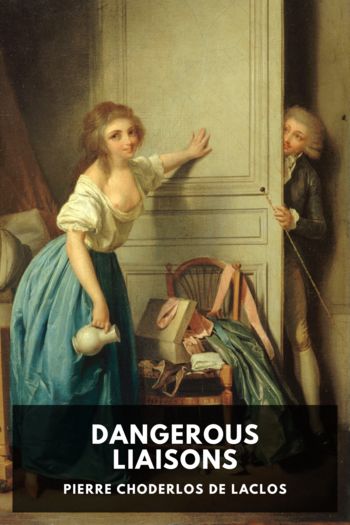Farewell, My Queen, Black Moishe [electric book reader .txt] 📗

- Author: Black Moishe
Book online «Farewell, My Queen, Black Moishe [electric book reader .txt] 📗». Author Black Moishe
There had been a time in the Oeil-de-Boeuf when the existence of so many unresolved enigmas would have given rise to wagers. Bets would have been laid on the chances of Necker’s being recalled. And the stakes, there beneath the fresco representing child bettors, might have risen high, quite possibly as high as when people were betting on the sex of the Chevalier d’Eon or the Queen’s pregnancies. But on this occasion, in that room with its floor smooth from hundreds and hundreds of feet treading their invisible paths across it again and again, no one dared offer any comment, nor place any bet. Nevertheless, it soon became abundantly clear to me that the atmosphere was thick with gloomy prognostications. The air of irresponsibility that I had breathed with my very first awakening at Versailles, making life there feel so effortless (perhaps because some superior power—God? the King? Court Etiquette?—oversaw its continuance), was a thing of the past. My little burst of optimism faltered.
None of the gentlemen present had shaved, or powdered his hair, or even changed his clothes. They were wearing the garments they had been wearing the previous evening (which meant in effect the garments they had worn all night), mourning clothes, as prescribed by etiquette, which, for the death of His Royal Highness Xavier-François, Dauphin of France, forbade the wearing of colors for two-and-a-half months. Since July 12 we had been in the second period of mourning, that is, for the men, costume all of black with black buttons and plain muslin cuffs, black silk stockings and goatskin shoes, shoe buckles and sword of silver. I saw one man who had not progressed beyond the first period. He continued to wear a sword and shoe buckles of bronze, and cuffs of cambric. On this day, his solecism passed unremarked . . .There was something generally somber emanating from the deep mourning that draped the entire château, its every nook and cranny, its smallest panel . . . and something particularly distressing about this group of people in funereal garb, silent, all their attention focused on a closed door. Everyone had noticed the defection of the French Guards. There was no one left to defend the château except the Swiss Guards. Fear had gone up a notch. It could be detected in a nervous tic common to several courtiers: with tousled hair, and a worried look on their faces, they kept straightening their perukes, not looking at what they were doing, the same way, so it was said, that in the dark night of her blindness an aged Marchioness du Deffand had once endlessly tied bows.
All these dark costumes were being steeped in a strong smell of food. It came from a nook on the left of the doorway to the King’s Bedchamber, where Füchs, the Oeil-de-Boeuf custodian, was regularly encamped. At the moment, he was busy cooking his breakfast Welsh rabbit. The courtiers were marinating in an odor of onion, cheese, and alcohol that merged with the smell of pea soup, Füchs’s regular fare. Füchs, who was rough-mannered, banged his spoon against the cast-iron stove. He swore in his booming voice. Poking up the fire, his face close to his mess tin where a slice of dark bread spread with cheese lay sizzling, he muttered plaintively:
“What use is a spoon when you’re making Welsh rabbit? and pea soup? No use. I like to have a spoon, that’s all. It’s my spoon. A man has a right to his little whims, maybe. Use it to eat a mash you can’t stomach. Maybe! And even then . . . I wouldn’t be too sure, no, sir, but with my Welsh rabbit I can be sure! She’s sure-fire, ’cause she sure cooks good on the fire!”—then, turning to the courtiers, whom he was always ready to treat as a bothersome lot—“What are they waiting around for, anyway? They’re all





Comments (0)